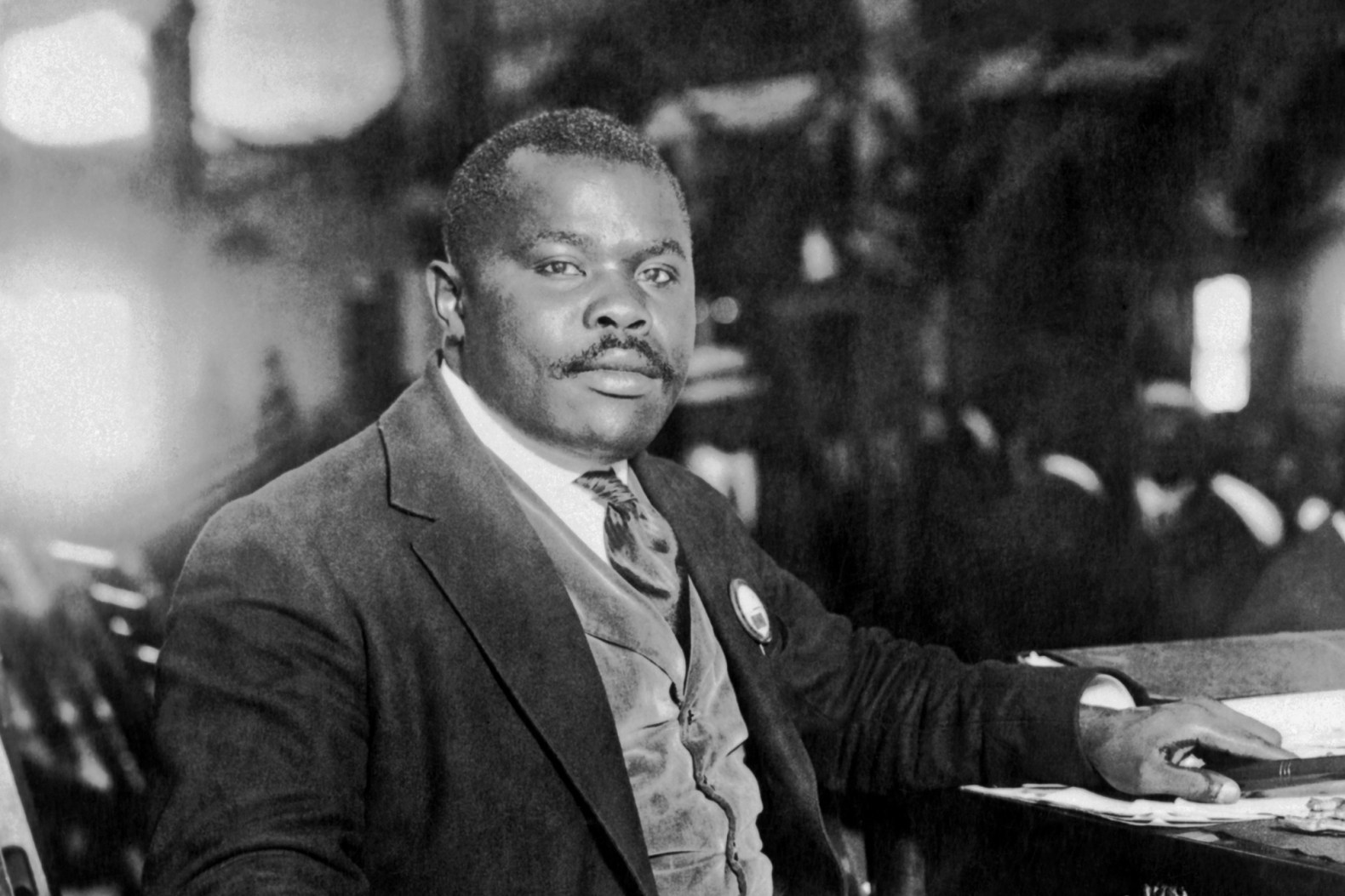Biden Pardons Civil Rights Leader Marcus Garvey Posthumously

President Joe Biden has issued posthumous pardons to several individuals, including prominent civil rights leader Marcus Garvey. Garvey, who was deported to Jamaica after being convicted of mail fraud in the 1920s, was a significant figure in the Pan-African movement and influenced later leaders such as Malcolm X and Martin Luther King Jr. Supporters have argued that Garvey’s conviction was politically motivated and aimed to silence his message of racial pride.
Other Individuals Pardoned
In addition to Garvey, Biden pardoned several other individuals, including:
- Don Scott, the speaker of the Virginia House of Delegates, who was convicted of a drug offense in 1994
- Ravi Ragbir, an immigrant rights activist convicted of a nonviolent offense in 2001
- Kemba Smith Pradia, a prison reform activist convicted of a drug offense in 1994
- Darryl Chambers, a gun violence prevention advocate convicted of a drug offense
Commutations and Pardons for Nonviolent Offenses
President Biden has set a record for the number of individual pardons and commutations issued. He recently announced the commutation of sentences for nearly 2,500 people convicted of nonviolent drug offenses. Additionally, Biden granted a broad pardon to his son Hunter, who was facing charges for gun and tax crimes.
Commutations for Federal Death Row Inmates
Biden has also commuted the sentences of 37 of the 40 individuals on federal death row, converting their punishments to life imprisonment. This decision came as outgoing President Donald Trump, a vocal supporter of capital punishment, prepared to take office.
Distinction Between Pardons and Commutations
It’s important to distinguish between pardons and commutations. A pardon relieves an individual of both guilt and punishment, while a commutation reduces or eliminates the punishment without exonerating the wrongdoing.
Significance of Biden’s Pardons
The pardons and commutations issued by President Biden underscore his commitment to criminal justice reform and addressing systemic issues within the justice system. These actions aim to correct past injustices, provide a second chance to individuals, and promote a more equitable society.












